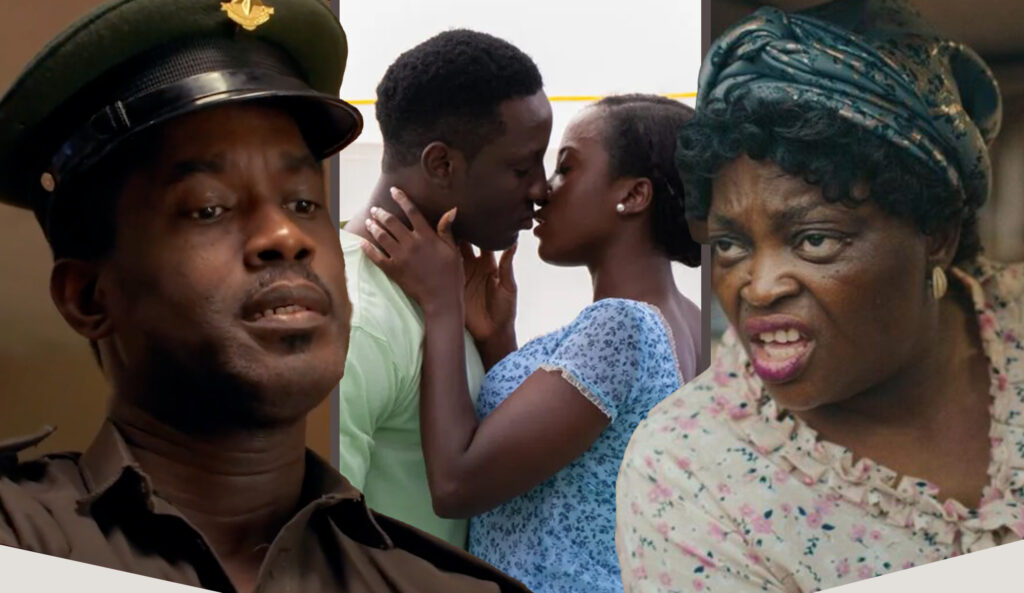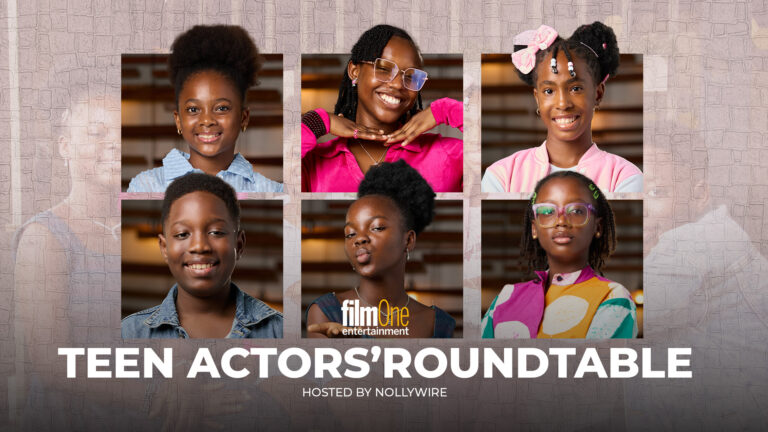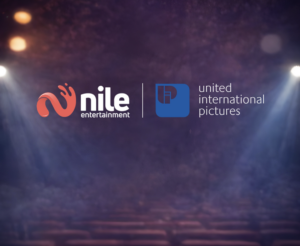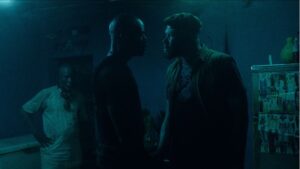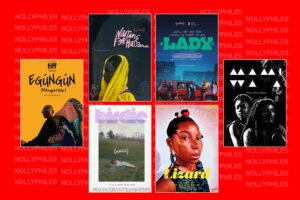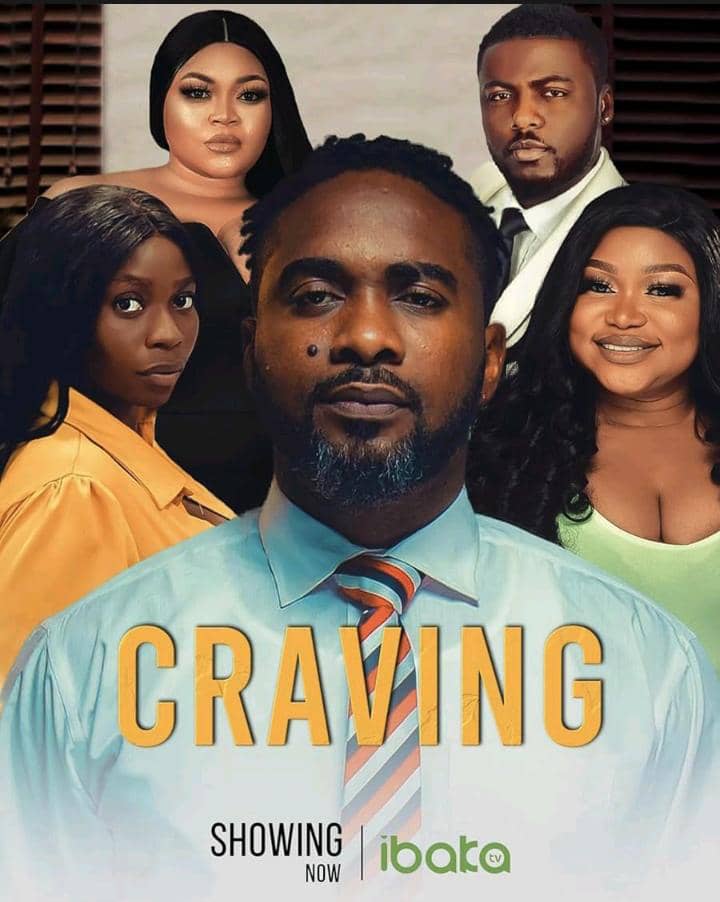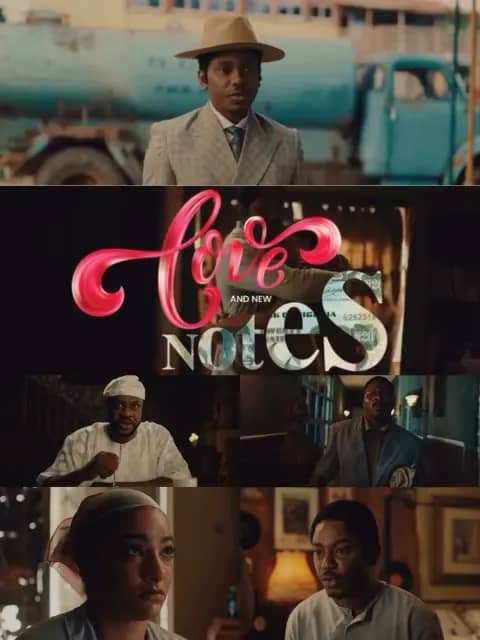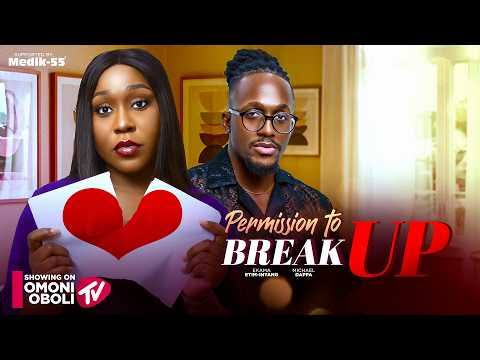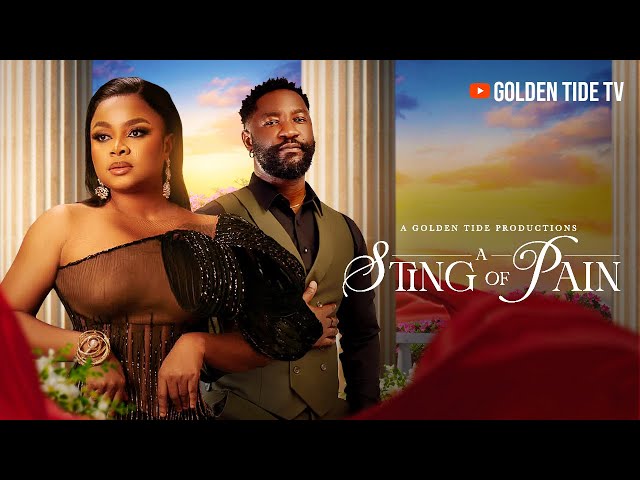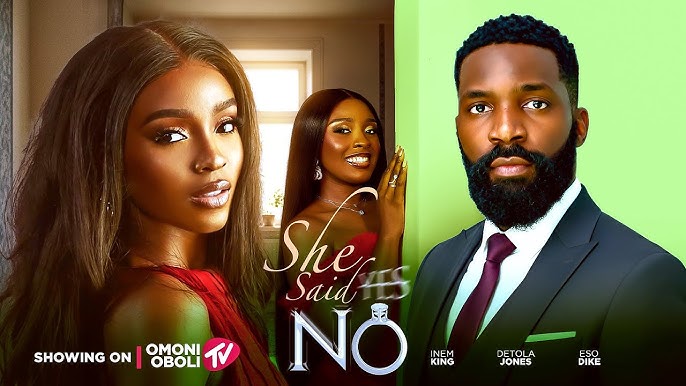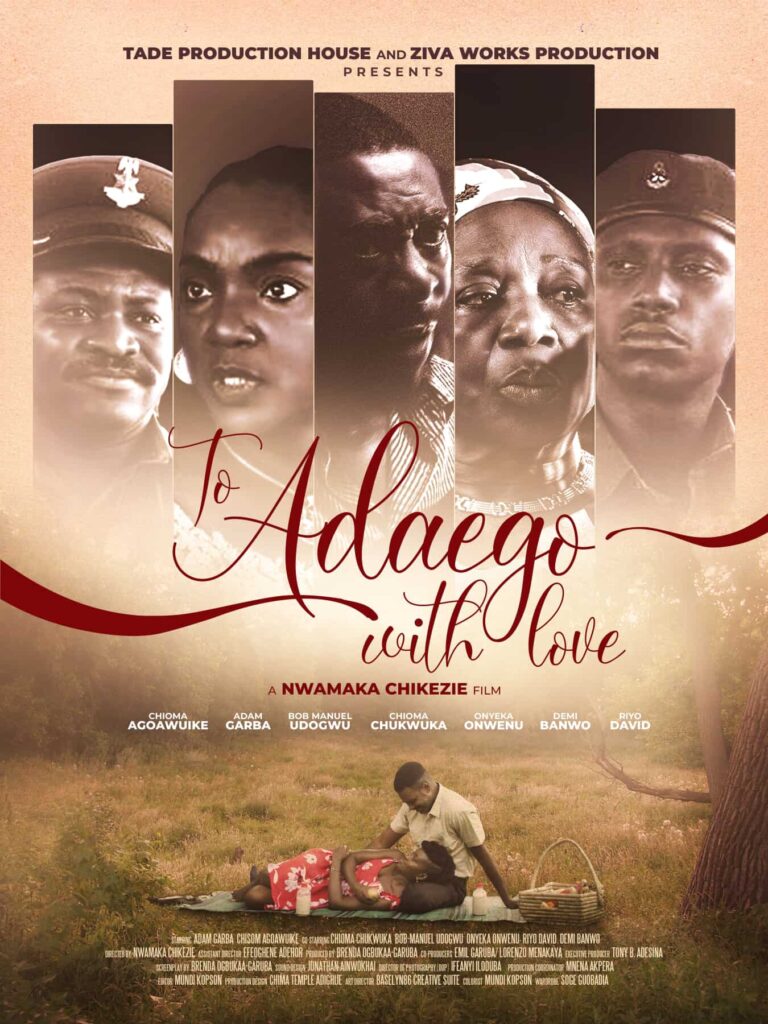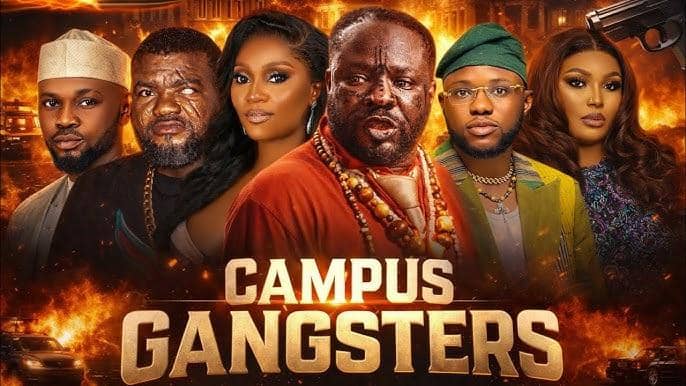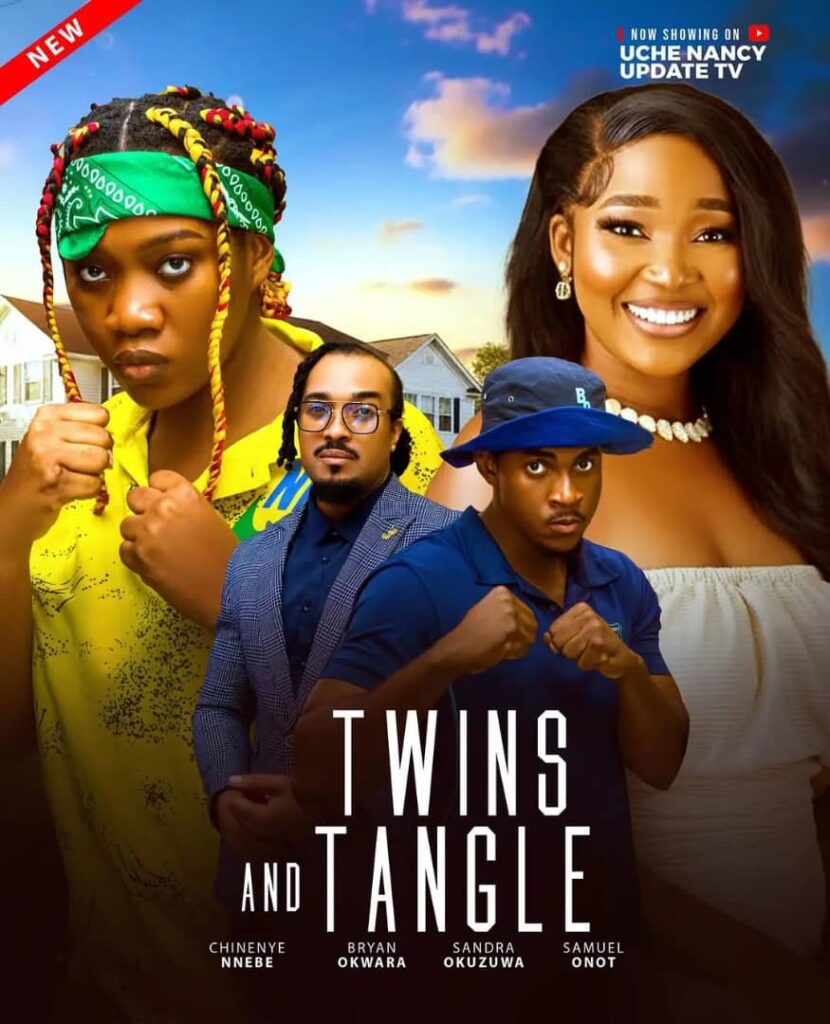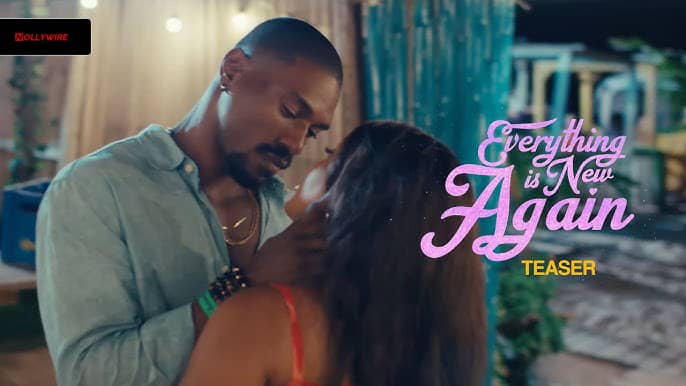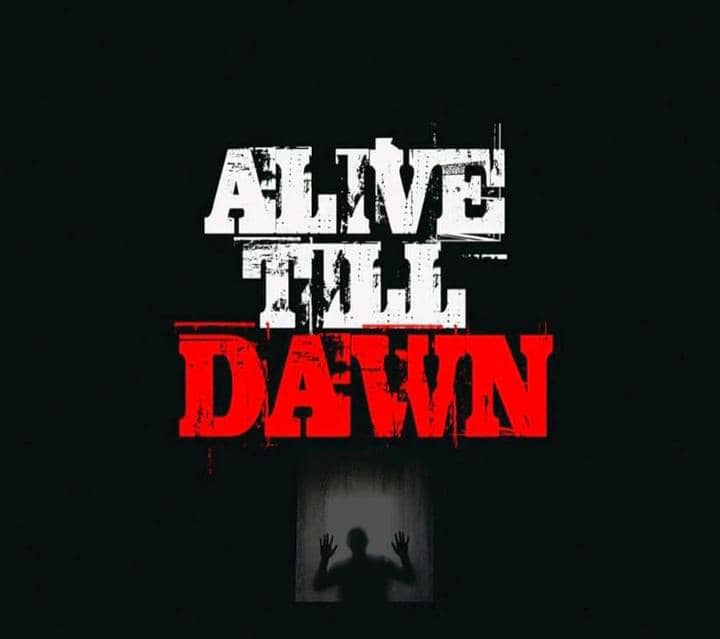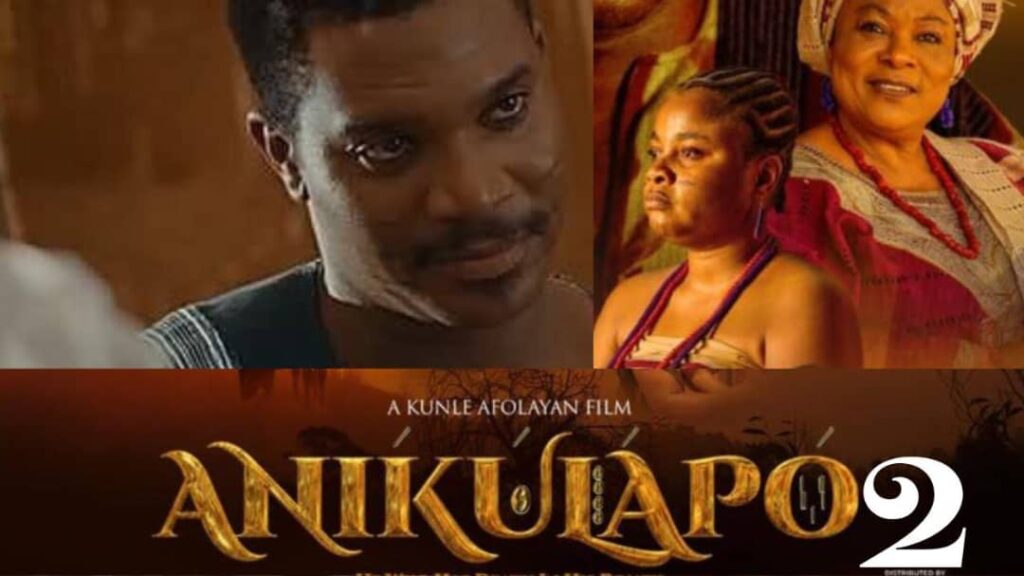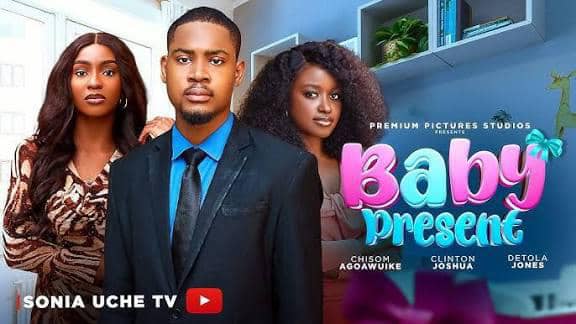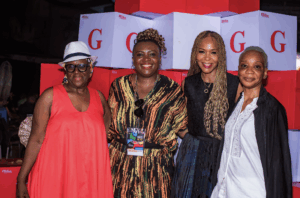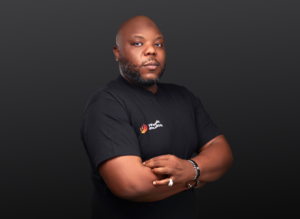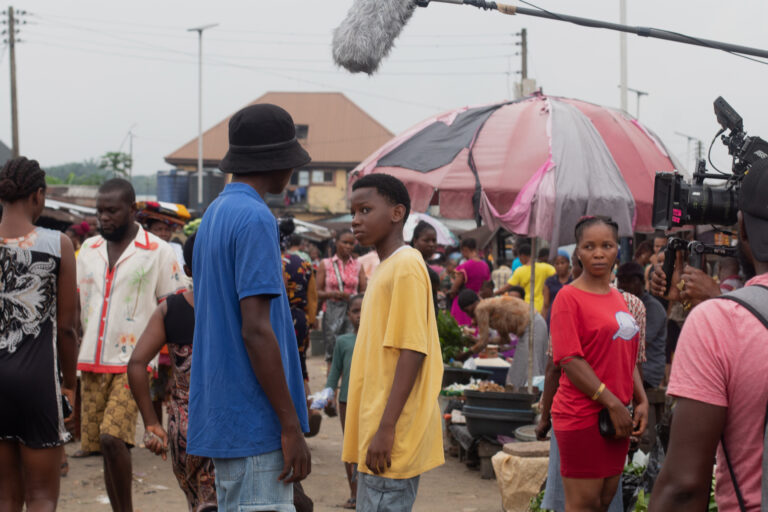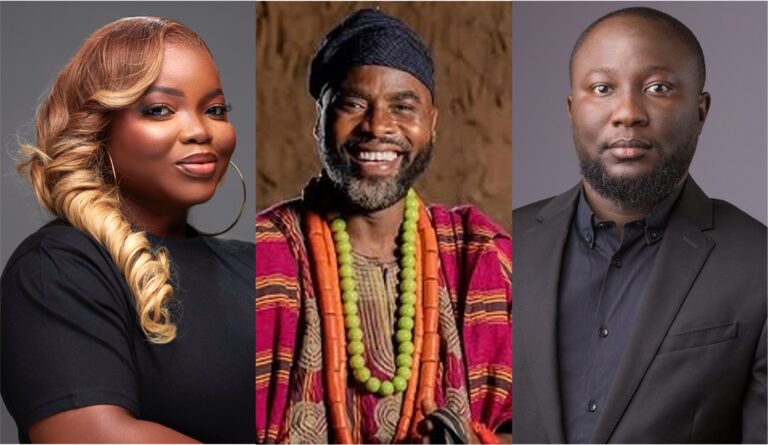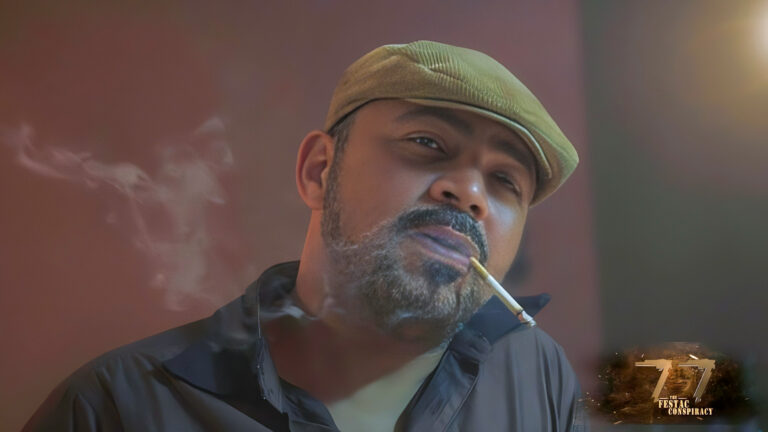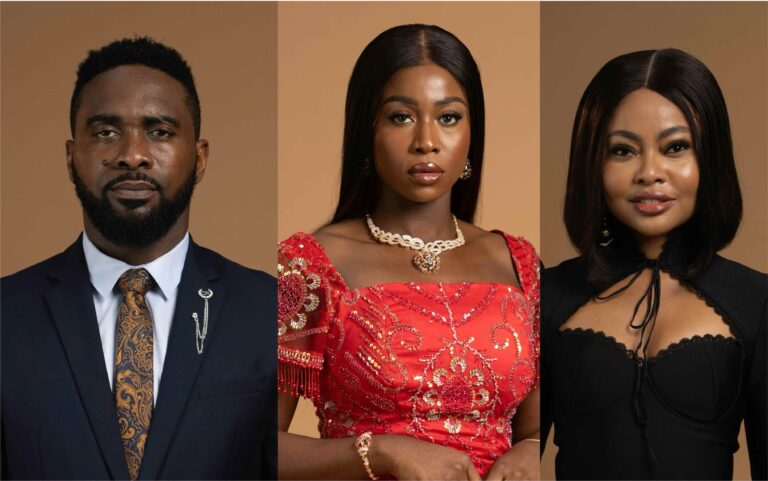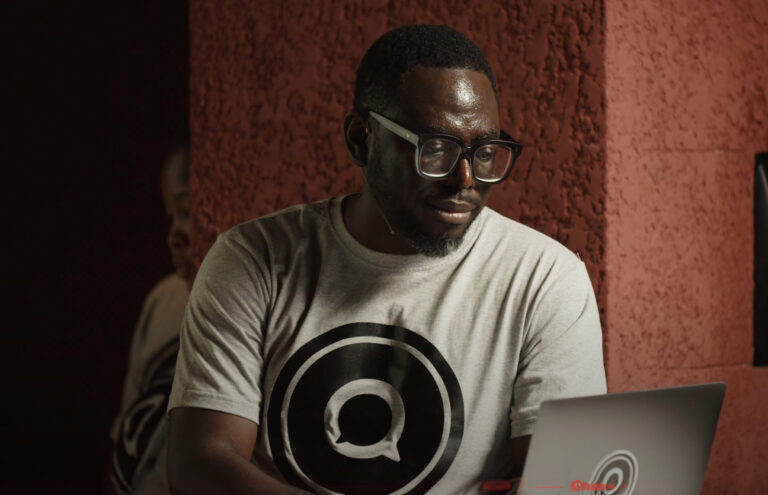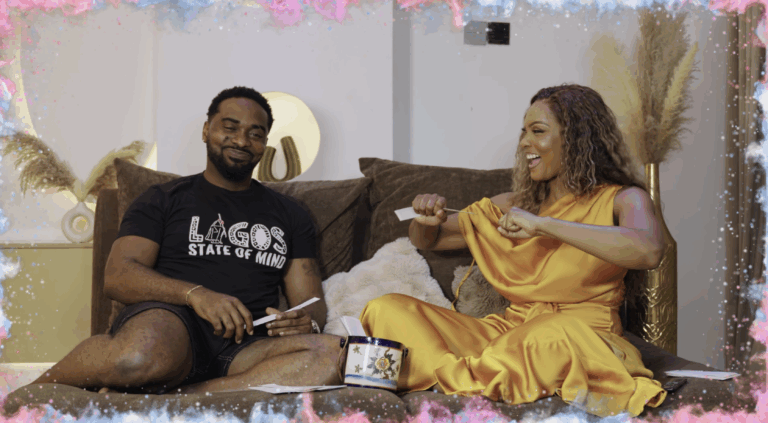If you have been a cinephile or, in this case, a nollyphile for long, chances are you have opinions or hot takes on Nollywood. We have seen people argue online about differing opinions.
The truth is everybody has hot takes on certain issues but today we spoke to a few nollyphiles who shared their hot takes with us. From “overrated” movies to thematic injustice, here are 7 nollyphiles’ hot takes on Nollywood.
Susannah
Susannah is a student who believes Nollywood is saturated with slapstick comedy; thus, it is time to retire it or, better still, take a break. “The general perception of Nollywood is usually slapstick comedies/drama with no single defined plot but a happy ending,” she asserts. Anna wants more arthouse movies.
She cites Taiwo Egunjobi’s ‘Green Fever’, Izu Ojukwu’s ‘4:44:44’, and ‘The Weekend’ by Daniel Oriahi as her favourite films of the genre. “These arthouse films are the reason some people still have faith in Nollywood,” she states. “We have improved with eye-catching cinematography but there is nothing wrong with making movies that appeal to the soul,” she adds.
Her second hot take might rivet the nolly fandom but it is something she believes in. “Unpopular opinion but I think ‘Breath of Life’ was a bit overrated. While it had great acting and directing, the plot felt like a rollercoaster,” she explains. A lot of fans have raved about the B B Sasore film but for Susannah, it’s a firm no.
Onyinye
For Onyinye, a culture journalist who has to watch a lot of movies for work, her hot take is centred on filmmakers. “I think Jemima Osunde can be a wonderful actress if she puts in a little work,” she states. Onyinye has seen a couple of Osunde’s films but complains about the lack of connection to the characters she plays.
Like many, Onyinye fell for Funke Akindele’s smash hit ‘A Tribe Called Judah’ but she has been unable to get into some of the filmmaker’s films. “I think the plots need some tweaking but they resonate with Nigerians because they are mostly embellished with humour,” she summarises.
Ire
A content marketer by day and a cinephile by night, Ire believes there are a couple of things holding Nollywood back from achieving its full potential. One of them is the classism factor; “The big-budget movies are really trying to show the lives of wealthy Nigerians so think movies like ‘Bling Lagosians’ and ‘Blood Sisters’ and forget the lives of average Nigerians” she notes.
According to her, this makes the movies fall flat to the majority of Nigerians because it is not a reflection of their realities. While there are people who can relate to the wealth, it is worthy to note that half of the country’s population lives in poverty, and a large part of the other half are working class.
Her opinion on Nollywood stretches beyond a representation of average Nigerians; it also touches sex. “Nollywood does not know how to handle the topic of sex, be it consensual or not,” she declares. “There doesn’t seem to be an understanding of sex in mainstream Nollywood. For example, I saw a film recently where an elderly man married a girl in primary school but the community disliked the girl because she was rude.”
However, she opines that the conservative nature of the Nigerian society may have influenced this misunderstanding. But there are more liberal Nigerians today and she wants Nollywood to catch up.
Japheth
Like Sussanah, Japheth is of the opinion that Nollywood lacks films that engage the audience on an intellectual level. “Our stories are not good enough to hold an intelligent audience down for two hours,” he says casually.
For Japheth, the scarcity of high art films is worsened by the filler scenes. “Our films are mostly filled up with filler scenes; if those scenes are taken away, most of the two-hour films won’t have a two-hour running time,” he adds. But his biggest gripe lies in the filming of important scenes: “We film important scenes like filler scenes so how do we know the scene is important and not just a filler?” he concludes.
Kehinde
Kehinde is frustrated by the same things Japheth is, from the filler scenes to the stories. Kehinde is sure Nollywood can create better stories but they seem to be stuck in a loop. “The stories feel like ‘imagine a girl and a boy fell in love,’ and because I have money, I’m going to shoot it,” she laments.
She has also found the music in some of the films distracting. “The music is sometimes too high or it takes you out of the scene because it is not right, as opposed to it blending into the background,” she expounds.
Her hot take also dives into the acting department, where she feels there is a lingering absence of versatility. “Actors are constantly typecast and I feel that adds to the lack of versatility,” she states. “If they are not playing agberos, they are portraying wealthy characters so where is the versatility?” she asks rhetorically. However, she is partial to Uzor Arukwe and Kunle Remi, who have excelled in her books.
Divine
For Divine Doo Ibi, a and long-time Nollywood enthusiast, the industry is full of untapped potential — especially in genres like horror and action. “We can be better. We can make the best action movies and horror films if we put in the work, hire the right artisans, and actually pay people what they’re worth,” she says. “It’s not that the talent isn’t there; we just need to value craft over shortcuts.”
She is also wary of the trend of prioritising star power over fit. “Sometimes it feels like producers are more concerned with names and followings than who can truly deliver the role,” she points out. “Not every actor needs to become a producer. It’s okay to stay in your lane and do it well.”
Divine believes Nollywood must take ownership of its narratives. “Like Chimamanda always says, ‘if we don’t tell our stories, someone else will. And when they do, we shouldn’t be upset if they get it wrong’.”
Peter
For Peter, Nollywood’s genre landscape is wide — but not deep. “The genres explored in Nollywood are too broad and it affects the quality of the storytelling,” he says. “An action film has to be about a gang, police and thieves, or just thieves. A love story is either a rich boy or a rich girl. Rich girl, poor boy. Rich boy, poor girl. That’s all.” He also points out the monotony of professions in glossy romantic films. “Every business is either a marketing firm, advertising, or radio. It must be media. It’s like everyone is afraid of trying something technical just in case they fail.”
What frustrates him most is how the simple, grounded stories are often ignored. “It’s almost impossible to see a film about the everyday sacrifices and consequences of love, like ‘With Difficulty Comes Ease’,” he says. “Or a story of unwarranted love like ‘Breath of Life’. “There is no comedy that is dependent on good writing; rather, every comedy is hinged on the actor’s ability to be a clown.” But for Peter, Nigeria is bursting with real stories: “There’s the widow who gives everything for her kids but they never make it. Or the man who spends his life dreaming of winning SportyBet”
He’s also over the constant pressure for happy endings. “Why can’t we make very sad films? Why must everything end in joy?” he asks. “And horror – why is it only jazz? There are serial killers. You can do a torture film!” Even genre conventions frustrate him. “Why is every Yoruba film an epic? I can go on and on.”
It is important to note that the opinions of these nollyphiles are not slander; it is because you care that you speak out. They are simply fans of Nollywood who see the potential of the industry and believe it can be actualised. While many may not agree with their opinions, others might; therein lies the beauty of opinions. So, we are passing the microphone to you. what is an unpopular Nollywood opinion you have?

